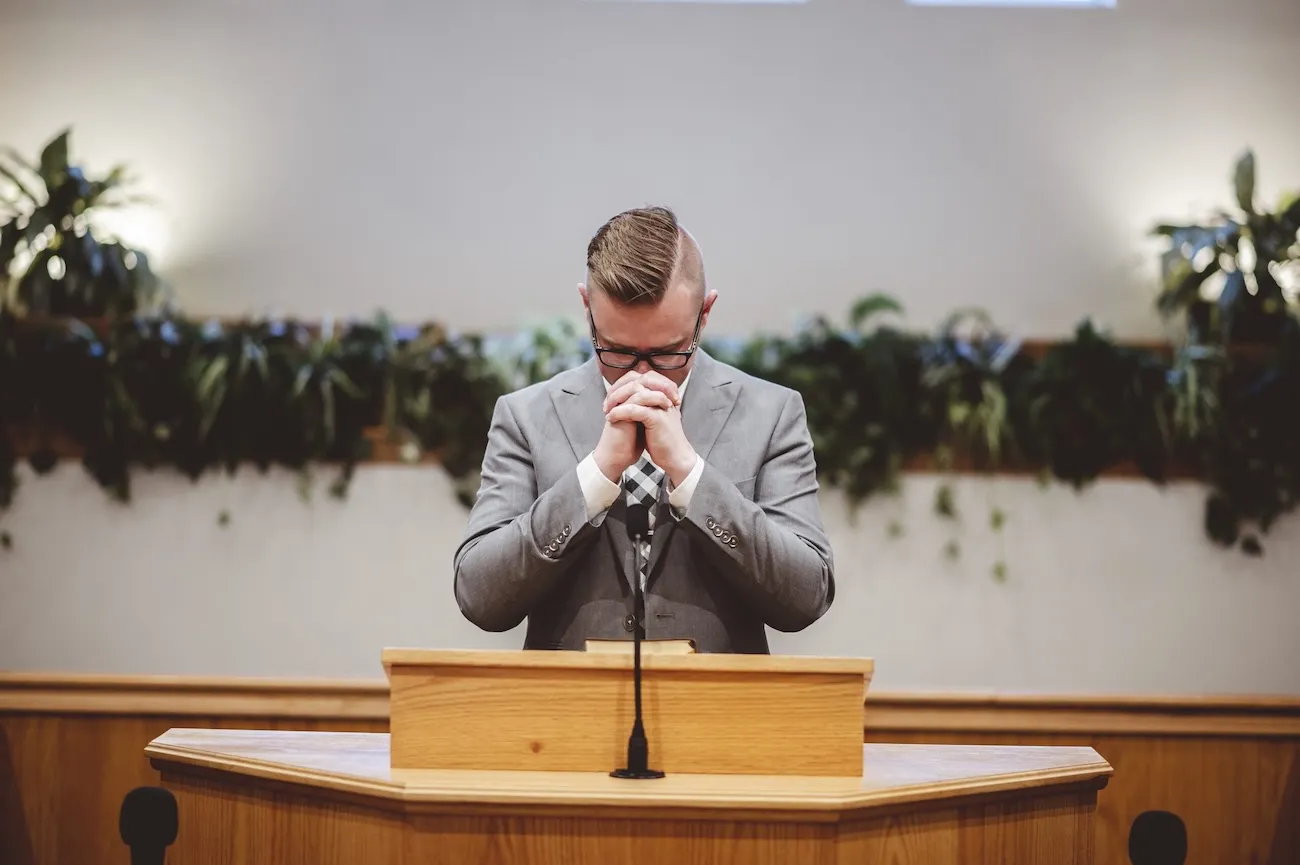Apple Podcasts | Spotify | Youtube | RSS Link
In this episode of the Vanderbloemen Leadership Podcast, William Vanderbloemen talks with Shirley Hoogstra, President of the Council for Christian Colleges & Universities (CCCU).
They explore:
- The value of a Christian education system in shaping and crafting students’ souls.
- Practical tips for navigating a successful semester in a new role.
- The impact of Christian higher education on students and the common good.
This conversation is filled with wisdom for leaders in Christian education, offering insights into the importance of faith-driven academic environments and leadership success.
Resources
More info about CCCU: https://www.cccu.org/
Follow William on Instagram: https://www.instagram.com/wvanderbloemen/
Follow Vanderbloemen on Instagram: https://www.instagram.com/vanderbloemen/
Subscribe to the Vanderbloemen YouTube Channel: https://www.youtube.com/@vanderbloemensearchgroup


